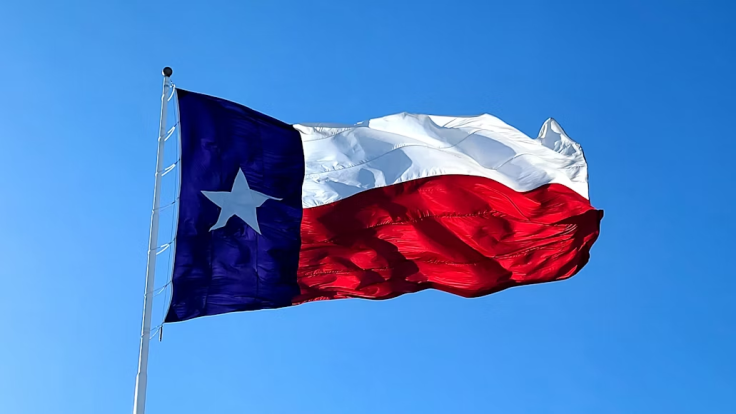The implementation of a Texas ban on diversity initiatives in public higher education has triggered significant transformations across college campuses, signaling potential shifts in the future of campus environments.

Campus Transformation
At the University of Texas, with its nearly 52,000-student population, the repercussions of one of the nation's most comprehensive bans on diversity, equity, and inclusion (DEI) initiatives are keenly felt. The removal of longstanding multicultural centers and the dissolution of related student groups leave minority students feeling isolated, while white students navigate new boundaries.
The void left by the closure of the Multicultural Center is particularly poignant, erasing a decades-long effort to serve historically marginalized communities on campus. For students like Nina Washington, a senior at the University of Texas, the disappearance of this vital resource represents a return to old ways, where politics, behaviors, and emotions are reminiscent of a less inclusive era.
Washington expressed her concern, noting that the dim lighting and vacant offices were just the beginning of the changes she observed upon returning to her favorite study spot from winter break. The term "Multicultural Center" was removed from its prominent place on the wall, effectively dismantling an initiative initiated in the late 1980s. The aim was to cultivate a feeling of inclusion for communities that have historically been marginalized. Additionally, the center's staff members were gone, and its student groups dissolved.
Impact on University Communities
The ban, signed by Republican Gov. Greg Abbott, prohibits public higher education institutions from influencing hiring practices based on race, sex, color, or ethnicity. It also prohibits promoting differential treatment or special benefits based on these categories, as well as training and activities conducted in reference to race, color, ethnicity, gender identity, or sexual orientation.
As a result, cultural identity centers, once promoted to attract minorities, have shuttered, and university websites have reframed diversity and inclusion language to focus on "access" and "community engagement." Professors find themselves navigating self-censorship and fear, editing syllabi and watching their speech to comply with the uncertain scope of the law.
Professors and students alike are grappling with the law's implications, unsure of how to navigate compliance. The Hispanic Faculty Association, for instance, faces prohibitions on meeting during working hours, using campus spaces without a fee, and communicating through university email. Meanwhile, student groups have been stripped of university funding, creating financial burdens in maintaining identity communities and cultural traditions.
Despite the challenges, student advocates like Alexander De Jesus from Texas Students for DEI are striving to support their peers and maintain inclusive spaces on campus. However, the prevailing climate of fear and anger underscores the profound impact of the Texas law on university communities and the broader implications for diversity and inclusion efforts in public higher education.
Uncertainty and Adaptation
The law's impact extends beyond immediate closures and policy changes. Professors and students are adjusting to a new normal where speech is monitored, syllabi are edited, and identities are policed. The uncertainty surrounding the law's scope has created an atmosphere of caution and trepidation, where individuals tread carefully to avoid repercussions.
For professors like Karma Chavez, a professor of Mexican American and Latino/a Studies at the University of Texas, the restrictions on speech and association are palpable. Chavez, serving as co-president of the Hispanic Faculty Association, disclosed limitations imposed on the group. They are barred from gathering during work hours and face charges for utilizing campus facilities. Even communication through university email has been curtailed.
The limitations imposed by the law have created a chilling effect on campus, stifling open dialogue and impeding efforts to foster inclusivity. As students and faculty navigate these uncertain waters, the future of diversity and inclusion in Texas public higher education hangs in the balance.
© 2025 University Herald, All rights reserved. Do not reproduce without permission.








